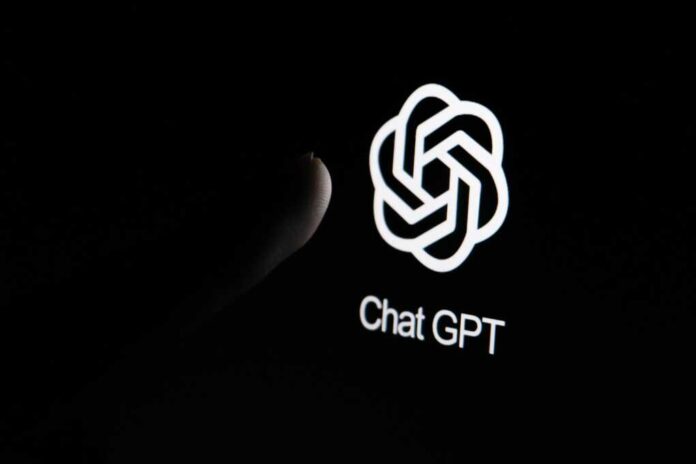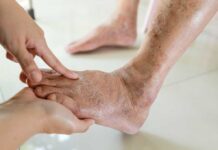
Every time you ask ChatGPT about your health, you step into a world of invisible risks and unexpected consequences—far beyond what most users imagine.
Story Snapshot
- ChatGPT is not HIPAA compliant and should never be used to share personal health information.
- AI chatbots may generate misleading or even fabricated health advice, making human oversight essential.
- Healthcare organizations and regulators are racing to set boundaries for safe AI use in clinical settings.
- General health education is safe, but clinical advice must always come from a qualified professional.
Why ChatGPT Became Everyone’s First Stop for Health Questions
ChatGPT’s launch in late 2022 triggered a tidal wave of adoption, quickly transforming the way people seek health information online. Its conversational style, instant responses, and vast general knowledge made it a go-to resource for everything from medication side effects to nutrition tips. This accessibility, while empowering, also blurred lines between education and clinical advice. Many users began sharing sensitive symptoms, medical histories, and even lab results, never realizing that ChatGPT is not designed—or authorized—to process protected health information. The chatbot’s rapid integration into everyday life occurred faster than regulators or healthcare organizations could respond, setting the stage for a new era of digital health risk.
Watch: Should you bring your health questions to ChatGPT? #shorts – YouTube
Why Accuracy and Trust Are Still a Moving Target
ChatGPT’s responses feel authoritative, but they are only as accurate as the data on which it was trained. The model does not access real-time medical databases or clinical guidelines; instead, it synthesizes information from a broad swath of publicly available sources. This approach can produce reasonable general advice—like explaining how hydration affects blood pressure—but it also opens the door to serious errors. Cases of AI hallucination, where the chatbot fabricates citations, misquotes medical studies, or invents treatments, have been documented. Medical librarians and clinicians caution that no AI chatbot should be relied upon for diagnosis, treatment plans, or urgent medical advice. Always verify any health information with trusted sources, and consult a licensed healthcare provider before making decisions that affect your wellbeing.
How to Safely Ask ChatGPT Your Health Questions – The New York Times https://t.co/jjltQ2qC4J
— 和尚Lv.999 (@Osho1106O) October 30, 2025
Practical Guidelines for Safely Using ChatGPT for Health Questions
The safest approach is simple: never enter personal health information into ChatGPT or any public AI chatbot. Use these tools only for general education—learning about conditions, medications, or wellness strategies. Treat every answer as a first draft, not a final verdict. Cross-reference AI-generated information with reputable medical sites, peer-reviewed journals, or direct consultation with healthcare professionals. If you work in healthcare, restrict AI use to HIPAA-compliant platforms with strong privacy controls, audit trails, and de-identification pipelines. Regulators, compliance experts, and privacy advocates are unanimous: human oversight is not optional—it is essential.
Sources:
PMC – Ethical Considerations of Using ChatGPT in Health Care
Paubox – How ChatGPT can support HIPAA compliant healthcare communication
HIPAA Journal – Is ChatGPT HIPAA Compliant?
Advocate Health – Proper Use of ChatGPT
Healthline – ChatGPT for Health Information: Benefits, Drawbacks, and Tips


















